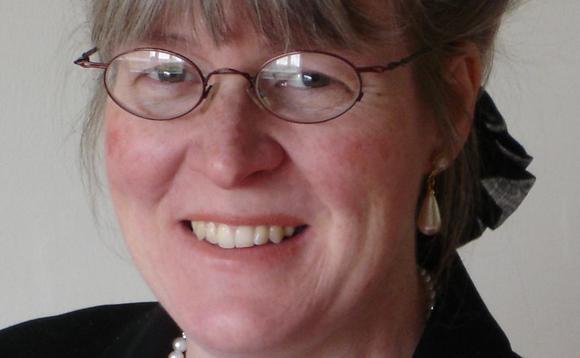
Comment: Rhonda Ryan on the challenges of European private equity investing

Investor confidence towards Europe has increased substantially over the past year and, not surprisingly, this has translated into increased capital raised for European private equity. Rhonda Ryan of Altius Associates outlines current challenges faced by the industry caused by this increased inflow of capital
European private equity houses raised 60% more during 2013, compared with 2012. This momentum seems destined to continue throughout 2014, with more than €20bn set to be raised by GPs for deployment into a variety of European countries. One trend of note is an increasing excitement towards investing in southern Europe and there are a number of groups including Clessidra, N+1 Mercapital and ProA Capital raising new funds in 2014.
If all of the Spanish GPs targeting a fundraising in the next couple of years are successful, there will be a significant pool of capital to be deployed in a country that was until relatively recently very much out of favour with investors. One of the key challenges within European private equity this year will be how to maintain investment and pricing discipline while deploying a significant amount of dry powder.
Over the past six months we have also witnessed a significant increase in debt availability. While in Europe it has not yet risen to the levels seen in 2008, there is definitely a frothy feel to the market. It is also noteworthy that there has not been a significant uplift in the number of companies available to acquire. If exuberance goes unchecked, this could easily translate into higher purchase prices and a market that does not produce the solid returns that it should for investors. GPs and LPs will do well to remember the lessons learned from the global financial crisis and ensure that the current buoyancy does not translate into over-exuberance.
In search of growth
In Europe, private equity managers have long been accustomed to investing in low (2-3%) or, since 2008, negative growth economies, and in 2014 the challenge of how to generate solid returns in a muted (1-2%) growth environment will remain.
As GPs are unable to rely on growth generated by the economy, they will need a clearly defined value creation strategy aimed at delivering solid long term returns. This may involve identifying companies that can benefit from growth in emerging markets, consolidation of companies in certain sectors through M&A, or other external growth initiatives for their portfolio companies. Over time we have also seen an increase in the price being paid for high quality businesses, raising the question of whether there is too much capital chasing too few high-quality deals. GPs must ensure they are acquiring companies that can be improved and bought at reasonable prices rather than paying up for companies that may be located in regions or sectors that are seen as "flavour of the month". GP discipline is the key.
Fundraising continues to remain a challenge for some and, for European managers aiming to attract international money, regulatory changes such as the AIFM Directive continue to add some uncertainty. We expect the bifurcation in European fundraising that has been seen over recent years to remain. While some funds will raise capital relatively easily, others will struggle and ultimately fail to reach their target. Five years after the financial crisis, there are still a number of funds in Europe who raised pre-2008 that have not yet successfully raised follow-on funds.
The walking dead
Meanwhile, according to industry figures, there are 1,732 portfolio companies currently held by zombie funds and assets worth $116bn yet to be realised, with Europe certainly having its fair share of living-dead vehicles – funds that have seen their investment period expire without raising fresh capital. While there has been some discussion regarding the future of zombie funds, it is expected to become an increasingly popular topic of discussion this year and beyond. Zombie funds provide a unique challenge for GPs who want to remain in business and keep their team together, and also for LPs who want to keep their GP focused on the fiduciary duty of maximising returns for existing investors.
Every year presents its own set of challenges for those looking to provide their investors with solid long-term returns. However, for 2014, as the markets begin to look a little frothy, it is hoped that investors cast their minds back to 2008. It is vital they are disciplined and do not allow significant amounts of dry powder and plentiful debt availability to translate into poor decision making that might ultimately produce poor returns. A quick review of the statistics relating to zombie funds might go some way towards focusing the mind!
Latest News
Stonehage Fleming raises USD 130m for largest fund to date, eyes 2024 programme
Sponsor acquired the public software group in July 2017 via the same-year vintage Partners Group Global Value 2017
Stonehage Fleming raises USD 130m for largest fund to date, eyes 2024 programme
Czech Republic-headquartered family office is targeting DACH and CEE region deals
Stonehage Fleming raises USD 130m for largest fund to date, eyes 2024 programme
Ex-Rocket Internet leader Bettina Curtze joins Swiss VC firm as partner and CFO
Stonehage Fleming raises USD 130m for largest fund to date, eyes 2024 programme
Estonia-registered VC could bolster LP base with fresh capital from funds-of-funds or pension funds








